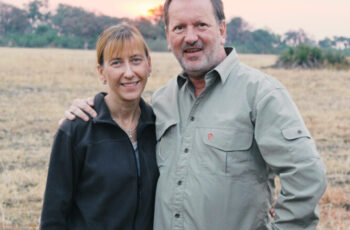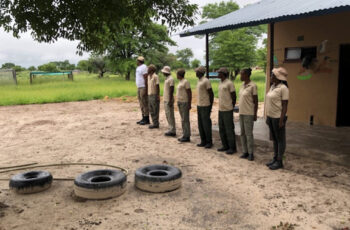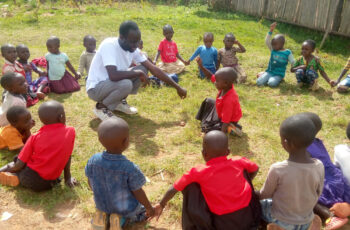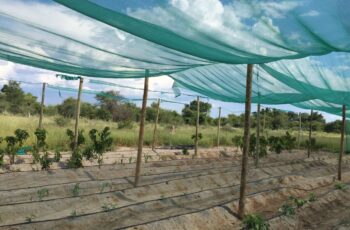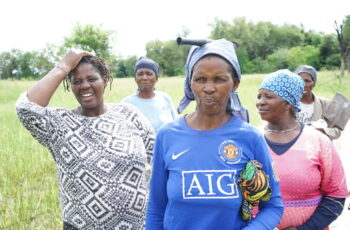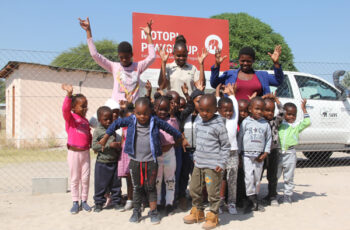
Search
OUR approach to species conservation
SAVE follows a holistic approach (E4C) developed in a 3-phase model: Education, community development, and active wildlife conservation projects. The various project areas are implemented in the so-called Wildlife Contact Areas (WCAs) in the form of individual projects such as the Climate Smart Agriculture, Women Empowerment and SAVE Lions projects, among others. This approach leads to sustainable protection of species and the entire habitat in the long term.
The goal is to communicate to communities that wildlife is not an enemy of but a precious natural heritage worthy of protection. One from which they could also benefit financially.

Education and development
Our experience shows: Peaceful coexistence with wildlife can only succeed if the people involved have enough to eat and their livelihood is secured. These essential needs must be met sustainably in order to protect species in the long term. Successful wildlife protection only works if the population is on board. However, there is often a lack of knowledge or opportunities to generate income in harmony with nature. By creating educational opportunities for all, jointly developing and implementing good ideas, and providing funding, we jointly implement projects that safeguard wildlife habitats in the long term.
Each of SAVE’s numerous projects serves a clearly defined goal: to improve people’s living conditions while preserving the environment and sustainably protecting wildlife. In doing so, we work with the holistic Education for Conservation (E4C) approach and divide our conservation strategy into three pillars for species protection: education, development work and active wildlife conservation.
Our goal is to contribute to the sustainable development of the country through the implementation of education, development and wildlife conservation projects, thus strengthening the protection of all species. Through close cooperation with authorities and participation in various initiatives in the region and the country, the foundation is well connected. Especially in rural regions of Botswana, SAVE wants to support village communities to go their own way for sustainable development in harmony with the ecological characteristics and challenges of their environment. Help for self-help is the basis for the projects developed and implemented by SAVE Botswana.
Also in the development and implementation of the projects SAVE works exclusively with local employees who are familiar with the country, its people and the local challenges. According to the requirements of their tasks, they receive internal and external opportunities for training and further education.
News from Save

New sponsorship for environmental playgroup in Botswana Güven & Partner committed to species conservation education for children To...
read more
Subscribe to Save Newsletter!
Stay up to date – we will inform you regularly about our projects and further activities.



